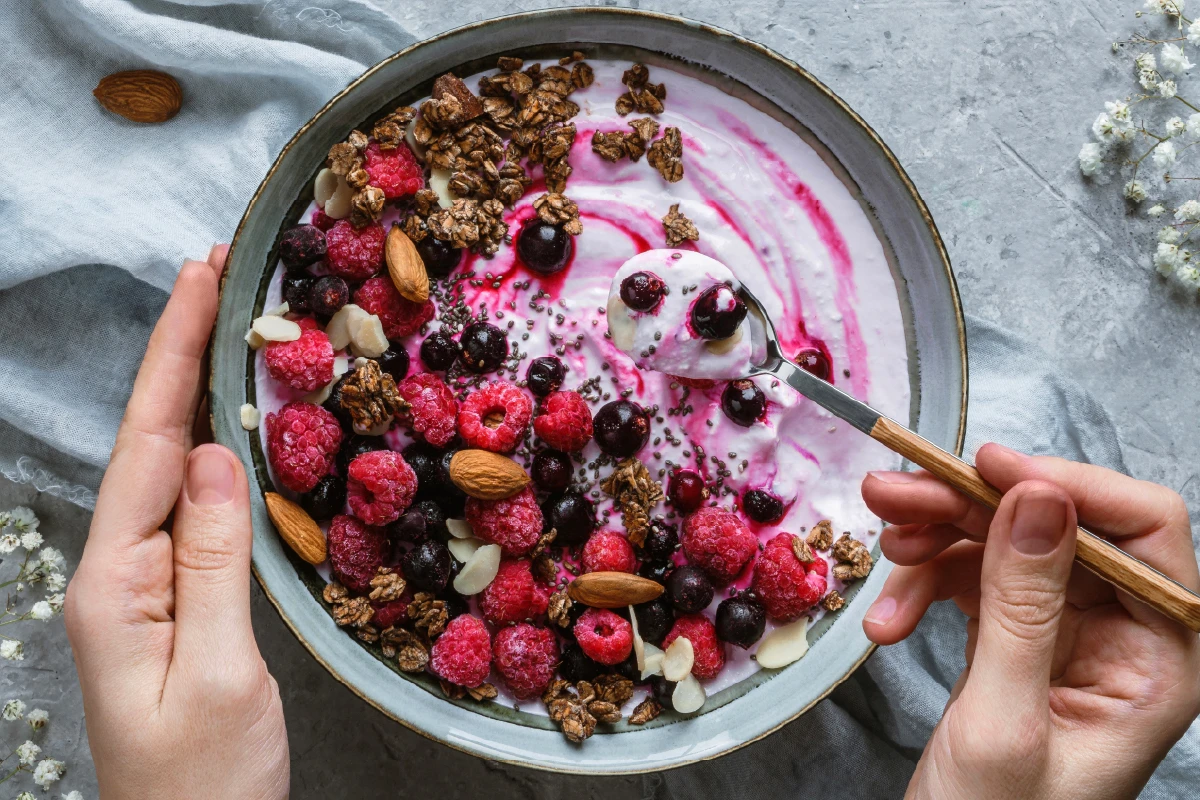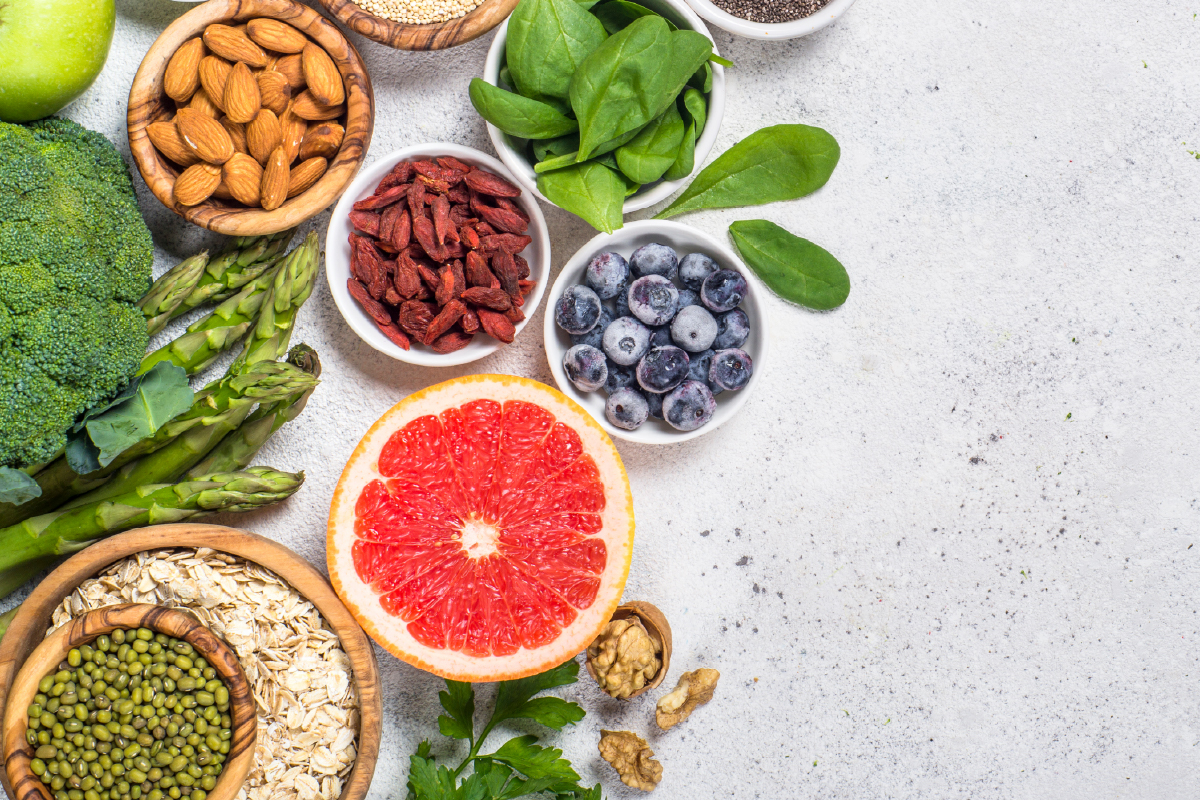After all, are all Carbohydrates addictive?


Carbohydrates are essential for normal body functioning. In fact, they’re the preferential source of energy and, so should be part of a healthy and balanced diet.
However, carbohydrates are not all the same, nor do they have the same impact on our bodies.
Do you want to know the difference? The 3StepDiet® is here to help you.
What are carbohydrates?
Carbohydrates are one of the 3 macronutrients along with proteins and fat, and their main function is to provide energy to the body.
They can be divided into 2 groups: simple, fast-absorbing carbohydrates and complex, slow-absorbing ones.
Fast Absorbing Carbohydrates
Also called “simple” carbohydrates, these are quickly absorbed and digested by the body, providing very little satiety. This group of carbohydrates is present in refined and processed foods and should always be the last choice. Food such as cakes, biscuits, chocolate, soft drinks and sugar itself fall into this group.
Slow Absorbing Carbohydrates
These carbohydrates are also known as “complex” and are absorbed more slowly. This creates a feeling of fullness. They can be found in many foods. Some examples with an abundance of this type of carbohydrate are grains (pasta, rice, cereals, etc.), potatoes, corn, as well as legumes.
Fiber is included in this group of carbohydrates. This undigestible part of plants is vital for the proper functioning of the body. Whole grains, fruits and vegetables are rich sources of fiber.
This type of carbohydrate provides countless benefits to the body. This is because it tends to be packaged along with essential vitamins, minerals, healthy fat and even protein so when you choose your carbs wisely, you reap many rewards.
Are carbohydrates addictive?
Many studies have been developed to understand whether a high carbohydrate intake, especially in the form of sugar, has any influence on the level of dependence on them.
In order to be able to explain this, it is important to understand how carbohydrates affect our brain chemistry. Eating simple carbohydrates increases our levels of “feel-good hormones”, such as serotonin and dopamine. However, this is a quick spike and the pleasant sensations associated with these hormones are also brief. So, when this feeling of “euphoria” ends, you may feel more anxious, causing the brain to ask for that rush of sugar again and again.
Certainly, you have experienced the pleasure that this type of food brings about with the influx of these hormones. However, it’s important to create a good relationship with food and not use it as an escape, but rather to promote health. Changing habits and lifestyle, especially in terms of sugar and processed food consumption, will help lead to long-term wellness and more constant good feelings. That is much better than short-term gratification, isn’t it?
Thus, it is much more complicated than just labeling carbohydrates as addictive. They may be an attractive option to cope with anxiety or sadness, but they are not the solution. First, try to identify what you might be feeling at those times, in order to understand which triggers can lead to an increased intake of this type of food. Then, look for alternatives that help to alleviate those feelings when they arise. This could take the form of exercise, a walk in nature, music, connecting with loved ones, etc. Physiologically, food is a source of pleasure and comfort, but it shouldn’t be the only one.
The secret to making carbs our friends is to know how to choose and portion them. A healthy diet consists of more complex carbohydrates from whole grains, fruit and vegetables and little in the way of simple carbs.
Carbohydrates, when well chosen, are not the bad guys. They help provide the body with what it needs to function optimally.









